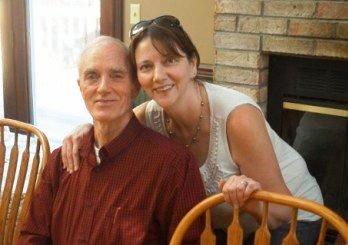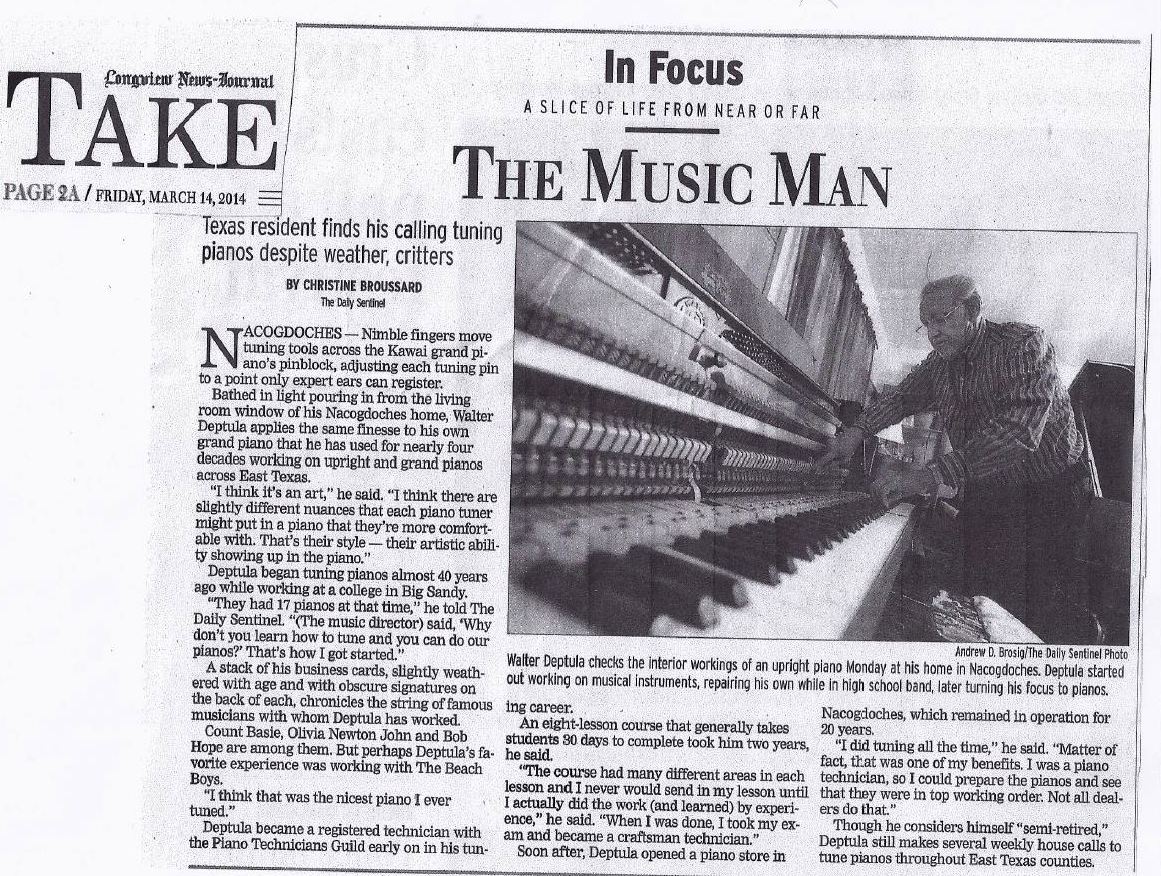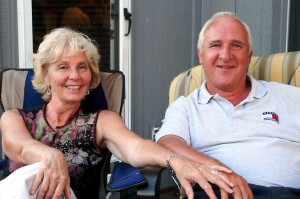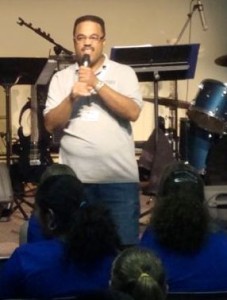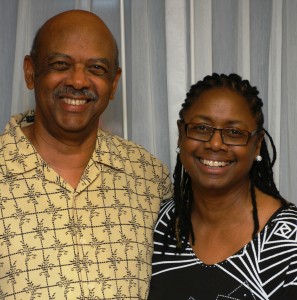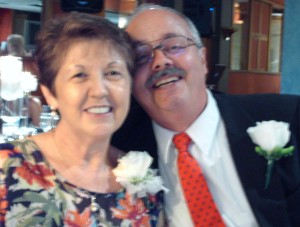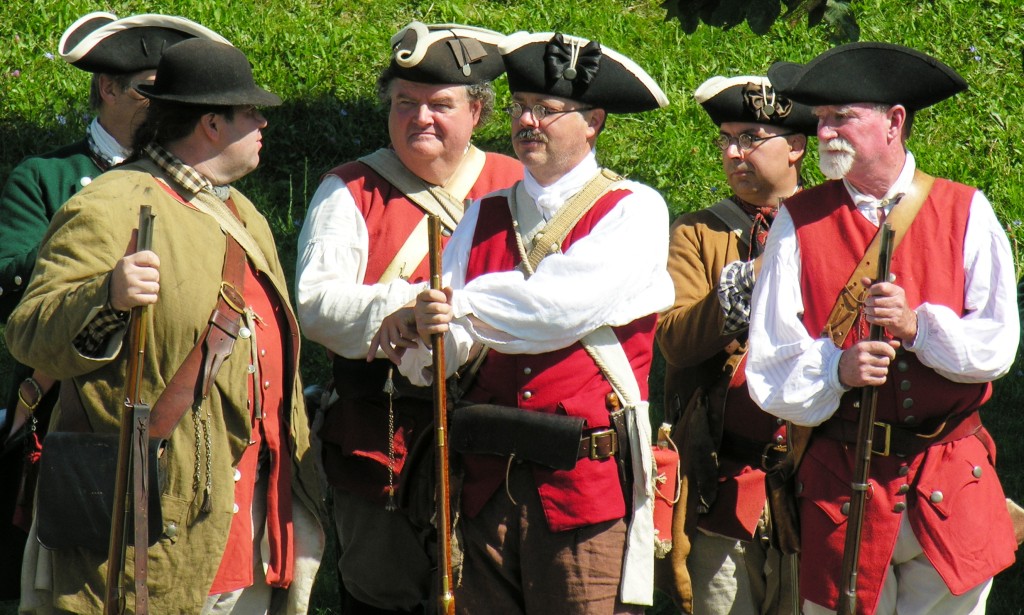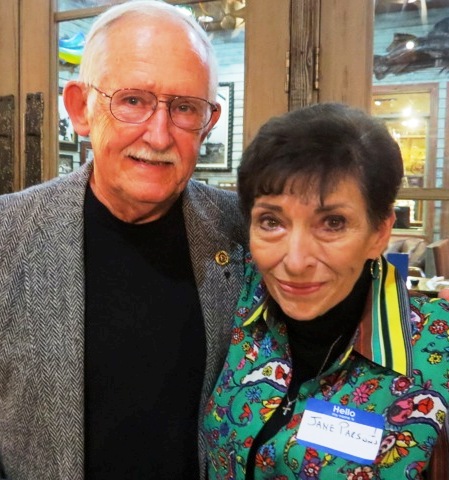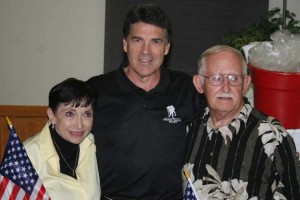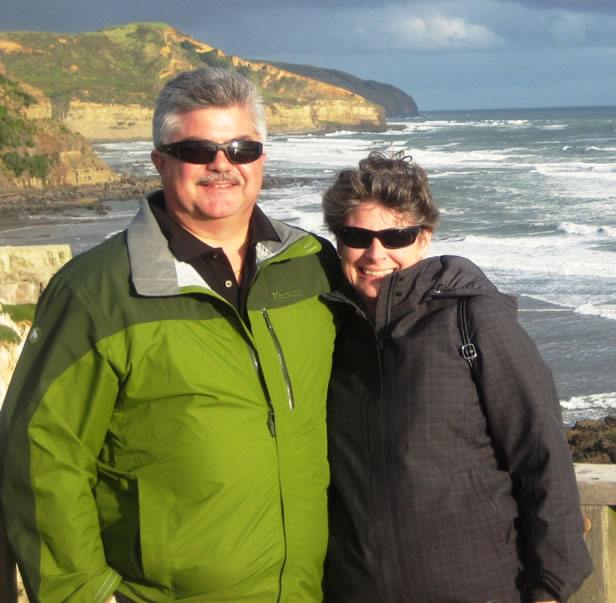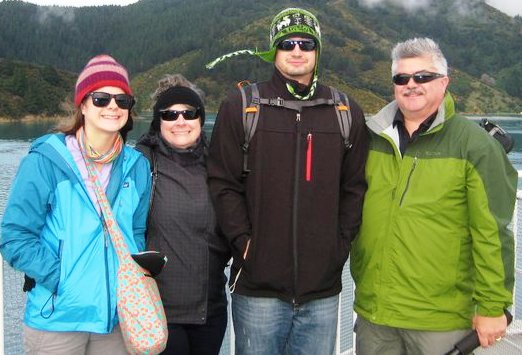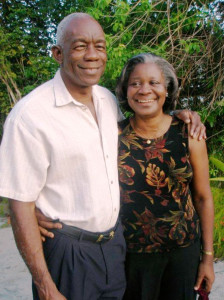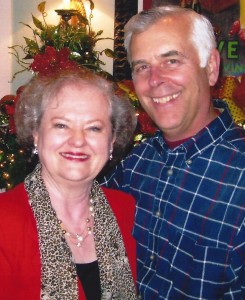
Mike Horchak, senior pastor of GCI churches in New Orleans and Hammond, Louisiana, always has loved the outdoors. As a child, Mike spent a lot of time fishing, camping, ice-skating, sledding and bike riding in and around his home in Detroit, Michigan. “From age 11-14 I was a boy scout, attending summer and winter camps and completing a mile swim by age 13. By age 14 I had saved enough to buy a 10-speed bike. Over the next two years I took many long bike rides, the longest being 70 miles in one day. On one occasion I motor-paced behind a large truck, getting up to 38 mph for about a mile (OK if you don’t mind eating gravel!). Today I love deer hunting—a hobby I began in my 30s.”
In 1963, Mike started attending GCI at age 13. “My father had been exploring religion and came upon the Radio Church of God. He began attending, taking with him my brothers and me. My Catholic mother was not interested at first, but started attending later.” Sabbath-keeping created problems for Mike and his brothers, who all were involved in school activities on Friday evenings and Saturdays. “I played drums in the band and ran track—I dropped out of both when we began observing the Sabbath. Initially, I attended church with my parents because I had to, but as time went on, my own relationship with God began to develop. I stepped out in faith and as I did so, the Lord came through in remarkable, unmistakable ways.”
After graduating from high school, Mike attended junior college for a year while working in restaurants. “I love to cook, and seriously considered becoming a chef.”
Mike applied and was accepted to Ambassador College in 1969. “I met my wife Pam while at Ambassador in Pasadena. I had always wanted to marry a girl from the South and she caught my eye early in my freshman year. I was attracted to her sweet and bubbly personality. I won her heart. We graduated on Friday, June 1 and married on Sunday, June 3, 1973. We lived in California for two years then moved to Baton Rouge, Louisiana, which is Pam’s hometown. We lived there for the next nine years and I worked for a company that constructed and repaired utilities for municipalities. I helped in the local church speaking and visiting as my schedule permitted.”
Mike and Pam have been married for 40 years. “We have two children: Jeff is single, and a television sportscaster. His passion is sports so he has an ideal job. Our daughter Holly is a newlywed, just married three months ago. She and her husband, Deron Grafton, love children—he is an adapted physical education teacher for special needs children. Holly is employed as a nanny for a baby boy.”
Mike was ordained an elder in 1982. “In 1984, Mr. Tkach Sr. asked if I would go full time in pastoral ministry. After prayer and discussion with Pam, we decided to accept. We were sent to Memphis where I assisted Rowlen Tucker and then Mark Cardona until 1988 when I was sent to be the senior pastor in Clarksburg, West Virginia. I pastored there until 1994 when I was transferred to New Orleans. I have been pastoring in New Orleans ever since and pastoring also in Hammond, Louisiana since 1996.”
Mike sees being a pastor as a “wonderful opportunity to love, serve and share in the lives of many people. To see the grace of Christ when people accept and believe and live in the love of Jesus is so wonderful! To experience people changing to live for Christ and begin to make a difference in the lives of others is most rewarding. My wife has also been a great blessing in my ministry. She has a passion for Jesus and has used her lovely singing voice to bring many into God’s presence in our worship services.”
When asked about his most memorable moments as a pastor, Mike referred to Hurricane Katrina in August 2005. “A majority of the families in our New Orleans congregation lost most of their physical possessions, including homes. The horrible devastation birthed a remarkable opportunity for ministry. I had the privilege of organizing work parties for missionaries in and out of our denomination and experiencing the miracles that occur when spirit-led Christians come together in love and unity to serve those in great need. I will always be grateful to have had a small part in restoring a city that needed love and hope in the aftermath of that great disaster.”
Speaking of GCI, Mike refers to, “the wonder and blessing of seeing God bring us (both young and old) through an amazing spiritual journey as he has furthered the work of the gospel, now leading us into growth through church planting. It’s a wonderful joy!”
When Mike talks about his passion, he talks about hunting and fishing, “experiencing the beauty of the creation God shares with us.” But his greatest passion is “knowing Jesus and making him known by helping others understand how much God loves them and has included them in his life forever.”
Asked when he feels closest to God, Mike said: “When I am able to spend time with my wife, children and others that I love. This gives me a feeling of closeness to God because the special people in my life are a great blessing from him. The triune God models the great importance of relationship with him and others. “I also feel drawn to God when I spend quiet time with him in the woods hunting or on a body of water fishing. Being surrounded by the beauty of his creation reinforces the reality that our awesome God is worthy of our worship.”


